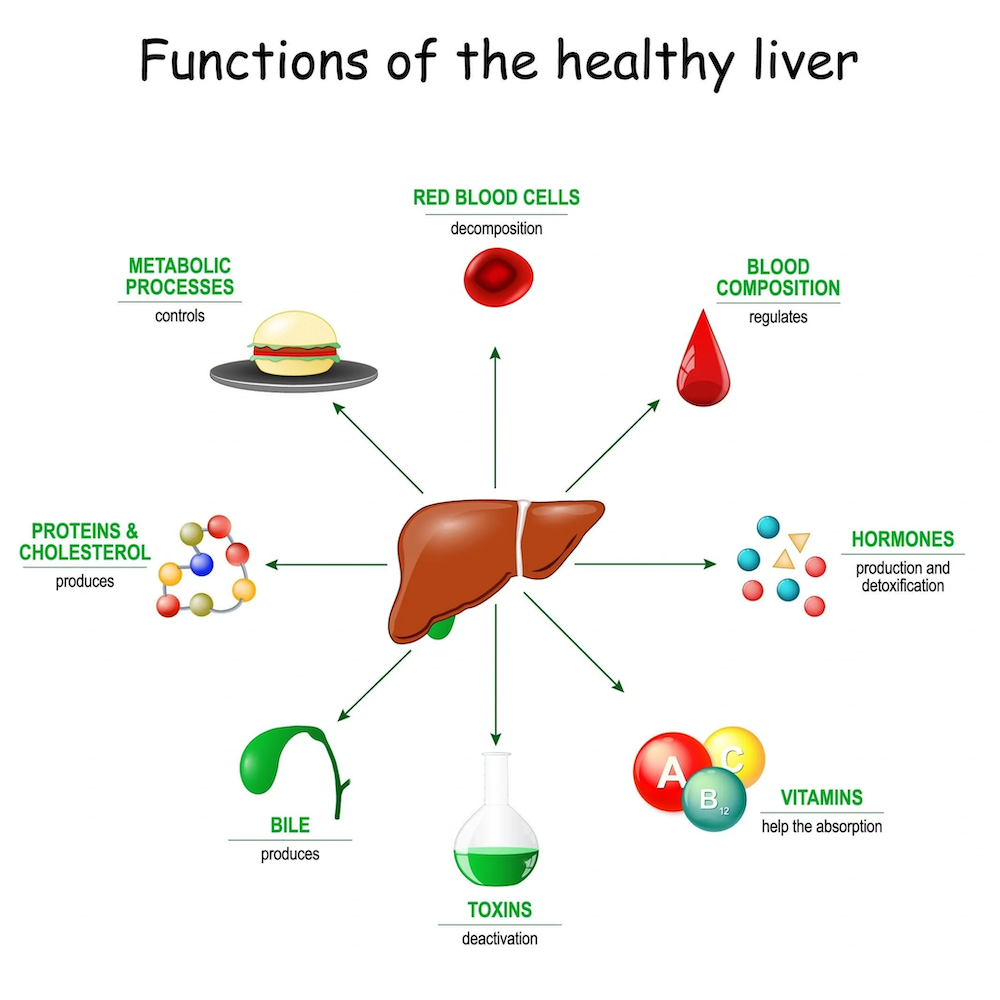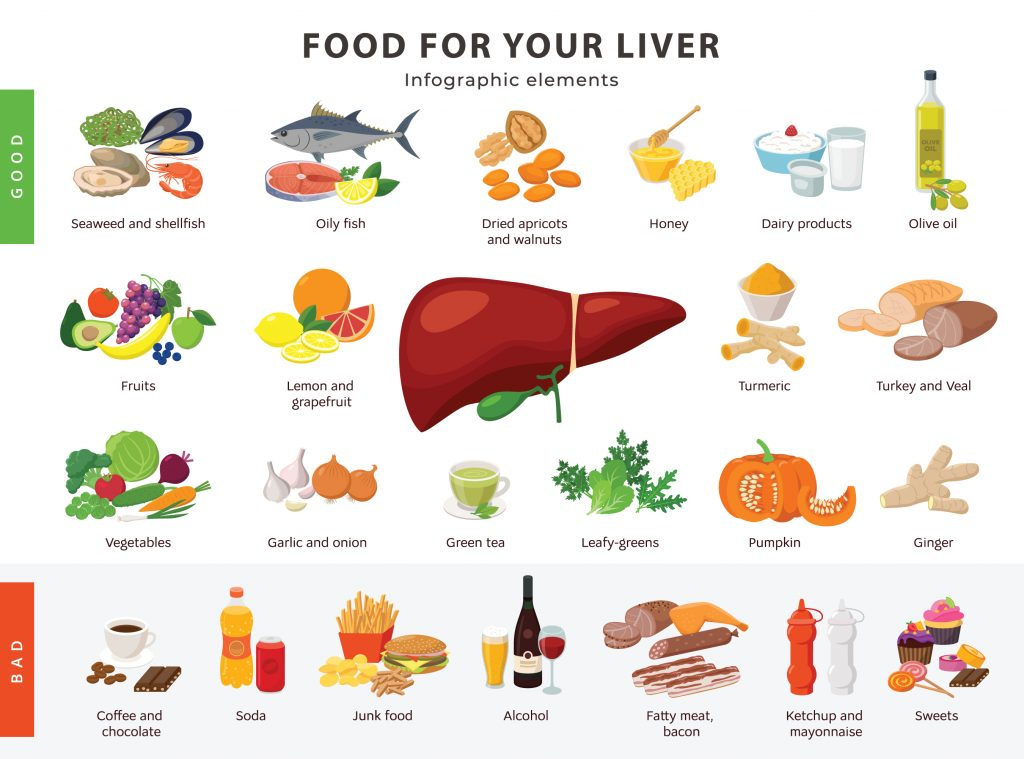
Preventative Measures to Safeguard Your Liver When Consuming Alcohol
The liver is an incredibly strong organ that can repair and rebuild itself even after suffering severe injury. But excessive alcohol use can seriously impair this ability, resulting in a variety of liver disorders that can have a significant negative influence on health. Alcohol use can be controlled in a way that promotes liver health and reduces the likelihood of acquiring these disorders. This post will discuss practical precautions you may take to protect your liver from alcohol consumption, so it keeps up its essential activities.
Understanding the Liver’s Role
The liver carries out more than 500 vital tasks that are critical to preserving health. These include the elimination of toxic compounds, the production of bile to facilitate digestion, and the control of cholesterol and blood sugar levels. The liver’s capacity to carry out these functions is reduced when it is damaged, which may result in major health problems.
Recognizing the Signs of Liver Healing
Before diving into preventative measures, it is important to understand the signs that indicate your liver is healing, especially if you are recovering from alcohol-related liver damage. Some encouraging signs your liver is healing include:
1. Enhanced Energy: As hepatic function improves, energy levels rise as metabolism steadies.
2. Clearer Skin and Eyes: A drop in bilirubin levels may be indicative of a reduction in liver healing, as shown by a decrease in the yellowish tint of the skin or the whites of the eyes.
3. Better Digestive Health: A healthier liver can produce more bile, which facilitates digestion and may stimulate hunger.
4. Enhanced Mental Clarity: Detoxification and better liver function can help reduce mental haze and promote clearer thinking.
5. Stabilization of Weight: A healthy metabolism contributes to more consistent weight management.
6. Reduction of Liver Pain: The discomfort brought on by liver disorders may subside when the liver’s inflammatory response declines.
7. Positive Modifications in Blood Work: Tests for liver function will reveal a decrease in toxin levels and a return of liver enzymes to baseline.
These vital symptoms of liver repair indicate that your body is reacting well to lifestyle modifications, especially cutting back or quitting alcohol. Identifying these symptoms can encourage you to keep up your frequent monitoring and healthy practices. To appropriately understand these indicators and modify your health strategies accordingly, it is imperative that you have a continuous conversation with healthcare professionals. In the end, the improvement in these areas not only make you see the signs your liver is healing from alcohol, but also contributes to an overall enhancement of your well-being.
Preventative Measures for Liver Health
Moderate Alcohol Consumption
The best direct method of liver protection is to drink in moderation. According to guidelines, women should only have one standard drink per day and males should not have more than two. By following these recommendations, alcohol exposure—a direct toxin to the liver—can be considerably decreased. For instance, to lessen the amount of alcohol in your drink, think about selecting options with less alcohol or diluting it with ice or water.
Adequate Hydration
Water consumption facilitates the dilution of urine and expedites the elimination of toxins, especially those metabolized by the liver. This easy habit can help lower the load on the liver considerably. Try to have 8–10 glasses a day, and on days when you drink more, drink more.
Balanced Diet
Liver health can be enhanced by eating a diet high in fruits, vegetables, whole grains, and healthy fats. Leafy greens, almonds, and fatty fish are foods that are especially good for the liver because they provide the minerals and antioxidants needed to keep the liver functioning properly and lower inflammation. Including walnut snacks, salmon dinners, and spinach salads in your weekly meal plan can help protect your liver. Maintaining this healthy diet may result in encouraging changes in your general health, such as the signs your fatty liver is healing. Improved metabolic rates, less discomfort in the abdomen, and corrected liver enzyme levels in blood tests could all be signs of this healing.

Regular Physical Activity
Exercise can lower liver fat and aid in the burning of triglycerides for energy. Frequent physical activity can help maintain a healthy weight and reduce liver fat, which is important in preventing alcoholic liver disease. This can be achieved by resistance training or aerobic exercises like walking or cycling. On most days of the week, try to get in at least 30 minutes of moderate activity.
Avoid Harmful Substances
When using drugs and other substances that can strain the liver, exercise caution. When taken in excess, over-the-counter drugs like acetaminophen can harm the liver. For safer options, always consult a healthcare professional, and make sure the dosages are right. Be cautious when taking herbal supplements and make sure they don’t include any substances that are bad for the liver.
Monitoring Liver Health
Blood tests performed as part of routine medical examinations can monitor liver function and identify early indicators of impairment. Reversing harm and instituting lifestyle modifications that can greatly improve results need early detection. A liver function test should be included in your yearly physical examination, particularly if you drink alcohol frequently.
Educate Yourself About Alcohol’s Effects
It is essential to comprehend how alcohol affects the liver and to recognize the warning indicators of liver distress in order to act promptly. Establishing a supportive atmosphere for managing alcohol intake can also be facilitated by educating yourself and others about the dangers of binge drinking.
Although drinking alcohol can have serious negative impacts on liver health, these effects can be lessened by taking precautionary steps. When alcohol is used in moderation and combined with a healthy lifestyle, your liver is protected and can carry out its vital tasks efficiently. Recall that increased vitality and higher blood function are the signs that your liver is healing and a sign that your efforts are making a difference. You may improve the health of your liver and your general well-being for years to come by being proactive now.












